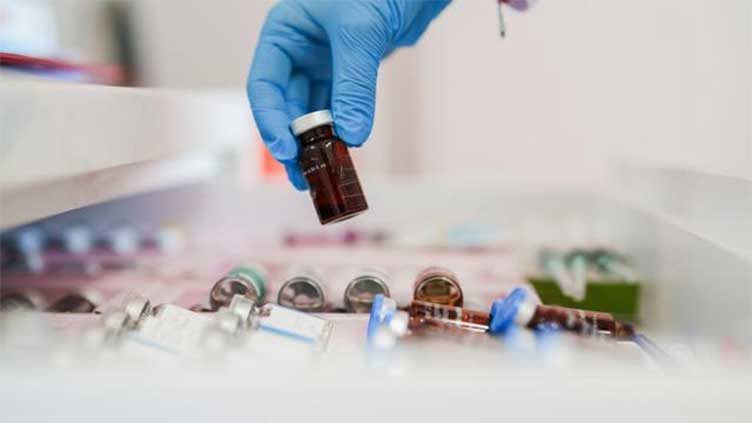New drug extends lifespan, fights aging, cancer

It offers promising insights
(Web Desk) - Researchers administered an injection of an anti-IL-11 antibody to 75-week-old mice, neutralizing the harmful effects of IL-11.
Researchers at the Medical Research Council Laboratory of Medical Sciences and Imperial College London have inhibited a protein called IL-11 that can help increase the healthy lifespan of mice by almost 25%.
It offers promising insights and could have similar impact in humans as well.
The scientists collaborated with Duke NUS Medical School in Singapore. The researchers tested the effects of IL-11 by creating genetically modified mice in which the gene responsible for producing IL-11 (interleukin 11) was deleted.
Throughout their research, the researchers also treated 75-week-old mice with an injection consisting of an anti-IL-11 antibody – a drug that removes the ill effects of IL-11.
According to the study published in the journal Nature, the new results “suggest that those potential treatments might also have an impact on longevity, but separate clinical trials are needed to be certain.”
Still, IL-11’s clear path to testing in humans distinguishes it from the crowd of other proteins and rejuvenation interventions, many of which have shown promise in animal models but stalled on the way to clinical trials.
“There’s a real opportunity here to translate this into clinical therapies,” says Cathy Slack, who studies the biology of aging at the University of Warwick, UK.
“And that’s where the field is kind of stuck at the moment.”
However, researchers have known for a pretty long time that chronic inflammation can lead to diseases that are associated with aging.
This means that as and when a body ages, it stores damaged proteins and other molecules. The researchers share that this leads to the other immune system getting affected, often catching an infection.
This infection could trigger further inflammatory responses and cause cancer or other autoimmune disorders.
Researchers have been studying the role of IL-11 for quite some time, but they were not sure how the protein and aging were connected until molecular biologist Anissa Widjaja discovered it by accident.


